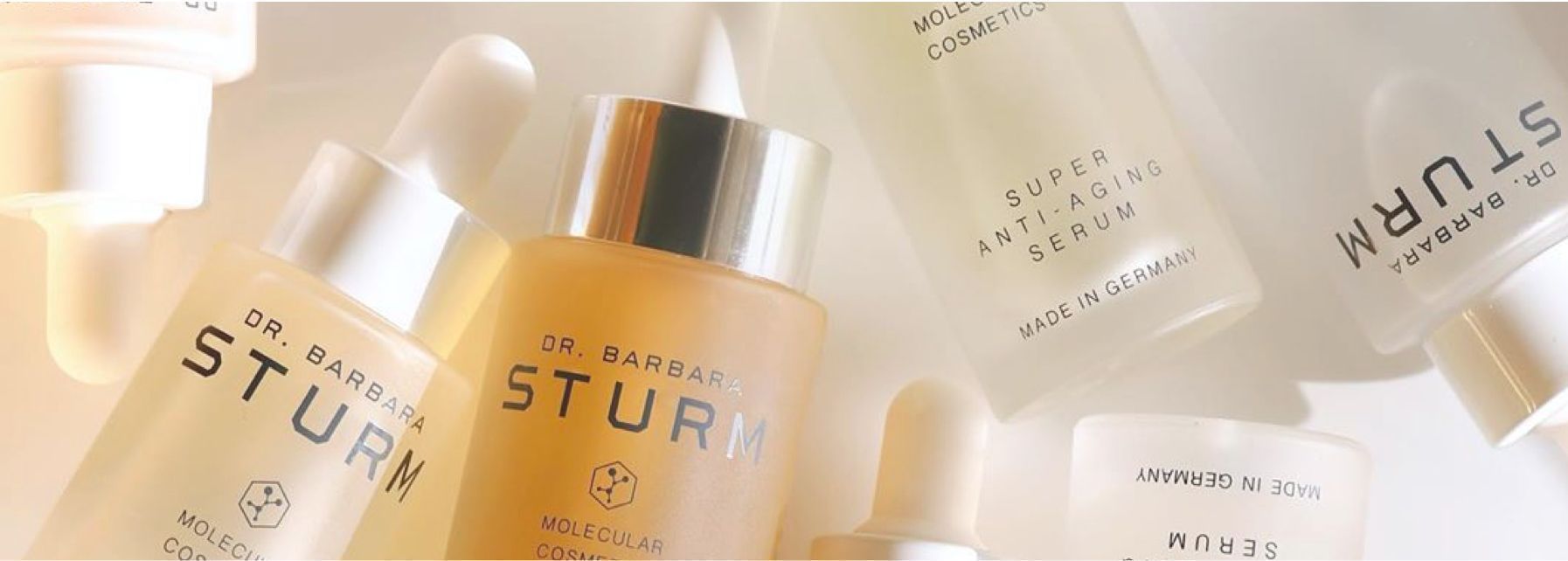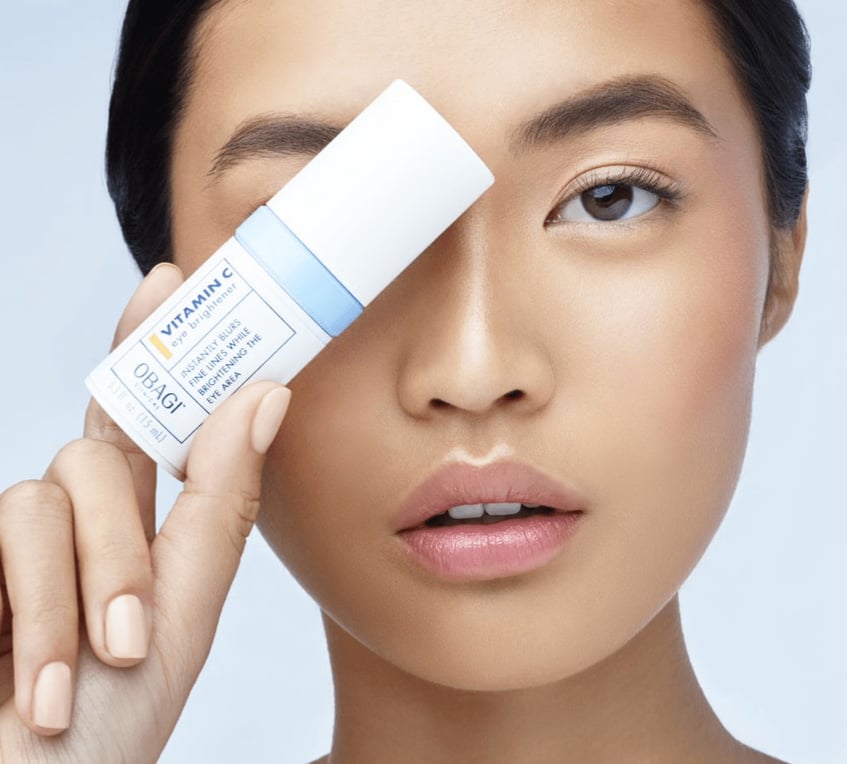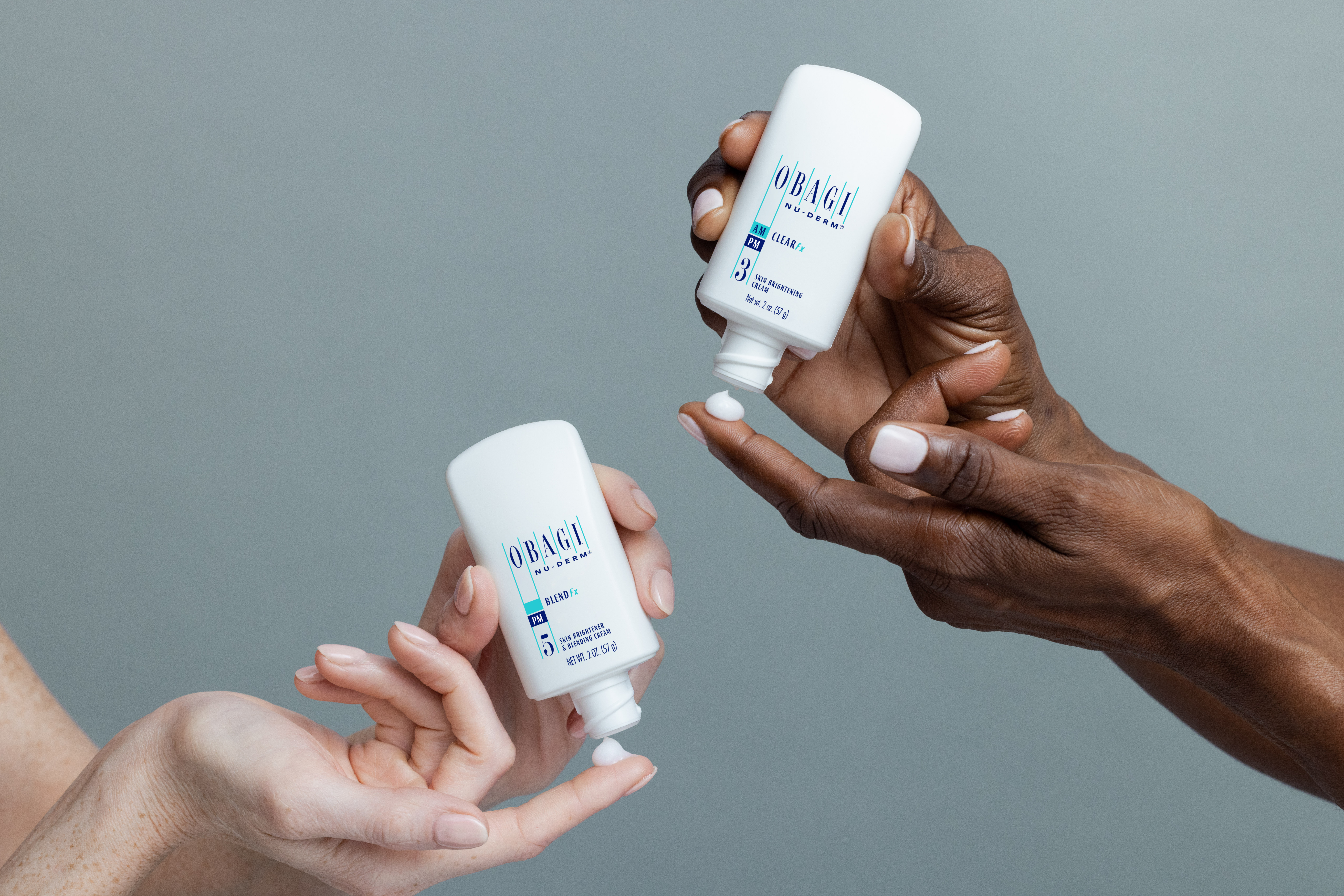Can Make-up Prevent Sun Damage?
There’s been a lot of talk recently about whether make-up can limit sun damage. This has arisen after recent studies suggested that certain pigments and light reflecting ingredients may act similarly to physical blockers. If this is corroborated, it might be the case that make-up offers another layer of protection.
The big but is that more research is needed in this area before any real conclusions can be drawn. There’s also no doubt that on its own, make-up doesn’t offer adequate protection against UVA and UVB rays which is why it’s important to use a broad-spectrum sunscreen underneath your make-up.
Does Glass Protect You From UV Damage?
You might be forgiven for thinking that glass absorbs UV light, but that’s where you’d be wrong. Whilst glass does absorb the majority of UVB rays, UVA rays which are closer to the visible light spectrum can penetrate through glass.
If you’re sitting next to a car window or if your work desk is next to a window, guess what? Your skin can still be damaged! So, the learning for everyone here is that you need sun protection even when you’re mostly indoors.
Effects Of Sun Damage
The most common effect of sun damage is premature ageing. UVA and UVB rays damage the DNA in skin cells, causing mutations and loss of elastin, collagen, and firmness. Okay, so it’s not going to kill you but who wants lines, wrinkles, crepiness, dark spots or hyperpigmentation when they could be minimised?
In the worst case though, the effects of sun damage are life threatening since it’s a primary cause of skin cancer.
How To Protect Your Skin From Sun Damage
By now, I think we all know the answer. That’s right, the only sure-fire way to protect your complexion is to wear a daily SPF.
We’re big fans of Obagi Sun Shield Matte™ Broad Spectrum SPF50a ground-breaking SPF lotion that provides the perfect matte canvas for make-up. Suitable for all skin types, including oilier complexions, this formulation is non-comedogenic, so it won’t block pores and is fragrance-free and dermatologist-tested, making it ideal for sensitive skin too.
Not to mention, the effective lightweight formulation supplies unrivalled broad-spectrum protection from both UVA and UVB rays. Its supreme efficacy comes down to a joint quartet of highly effective, advanced ingredients. Zinc Oxide deflects the UV rays, while Octisalate absorbs and releases radiation. Ubiquinone plays its part by neutralising the free radicals that cause damage to the skin. And as an added extra, skin super nutrient, Vitamin C, is also in there to help brighten and firm the complexion.
So, if you’re not already wearing an SPF every day, it’s time to make that change and invest in the future health and youthfulness of your skin. Pop a sunscreen in your basket today and rest easy, safe in the knowledge that you’ve giving your skin the best fighting chance against damaging UV rays.










